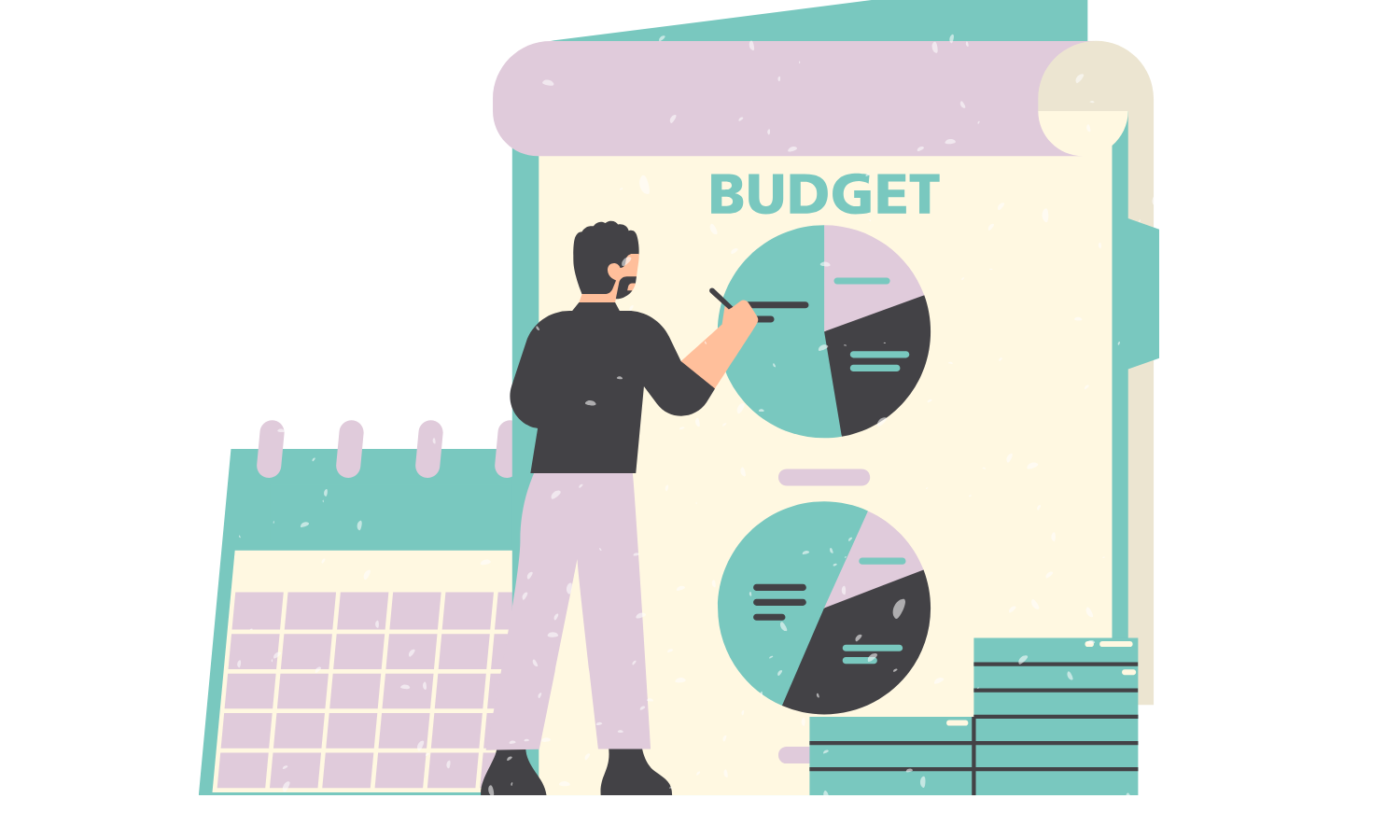Peace of mind on a budget: Life insurance strategies for sole providers
If you're shouldering the financial responsibilities of your household all on your own, you know firsthand how tough it can be to stretch that single paycheck to cover everything. With bills piling up and expenses seemingly multiplying overnight, budgeting for life insurance might seem like an impossible feat. So we're here to shed some light on how you can make it work.
In today's economic climate, where every dollar counts and uncertainty looms, single-income households in Australia are feeling the squeeze more than ever. But amidst the hustle and bustle of daily life, it's crucial not to overlook the importance of protecting your family's financial future.
Source: The University of Melbourne
Life insurance basics: What you need to know
When it comes to life insurance, there are four key types to wrap your head around:
Life insurance (death cover): This one's pretty straightforward. It's there to provide a lump sum payment to your loved ones as a safety net for your family's financial future when you're no longer around to provide for them.
Total and permanent disability (TPD) insurance: Now, this kicks in if you find yourself in a situation where you're permanently unable to work due to a disability or illness.
Income protection insurance: You're off work for a while due to illness or injury. Income protection can cover a portion of your lost income paid until you return to work or for agreed timeframe (2 years, 5 years or til age 65).
Trauma (or critical illness) insurance: If you're diagnosed with a serious illness listed in your policy, like cancer, heart attack or stroke, this insurance pays out a lump sum to help cover medical expenses and other costs while you focus on getting better.
Now you can mix and match these covers to fit your unique situation. Whether you're a young parent looking to safeguard your family's future or a career-driven individual planning for the unexpected, there's a life insurance combo that's right for you.
Note: Analysis by family type is focused for those aged between 25-54. Source: TTPN Survey (August 2023).
Fitting life insurance into your budget: tips and tricks
Hey, we get it – budgets can be tight. If you're already covered or thinking about diving into the life insurance game, here are a few tips to make those premiums a bit easier on the wallet:
Tap into your super. Did you know some life insurance plans can be paid for using your superannuation? That means you're not shelling out cash from your own pocket. Just remember, dipping into your super might affect your retirement savings down the line, so it's worth weighing the pros and cons.
Head over to this article to know how to pay a premium from your super fund.
Consider your benefit amount. Sure, having ample insurance cover is crucial, but sometimes you might be paying for more than you need. Before slashing your cover, though, think it through. Here's a handy list of things to consider before making the cut: 6 things to consider before reducing your cover
Go annual. Monthly payments convenient? Absolutely. But switching to annual payments might score you a sweet discount.
Clean up your act. Quitting smoking or making other positive lifestyle changes can actually score you lower premiums. It's like getting rewarded for being healthier. Win-win!
Consider removing the optional extras. Do you really need all those bells and whistles? If you're not likely to use them, consider axing any optional extras from your policy. Less fluff, more savings.
Keep an eye on those product benefits and features. And don't forget to give that financial product disclosure statement (PDS) a read.
Keep inflation in check. Worried about your benefits keeping up with inflation? Many policies offer inflation protection (or also called "indexation benefit" or "inflation proofing") to ensure your benefits keep up with inflation, but it's often optional. You can dial it up or down depending on your needs to decrease your premium.
Read more about indexation in insurance here
Sorting out your insurance needs: How much is enough?
Figuring out how much insurance you need is like putting together a puzzle – it's all about fitting the pieces of your life into place. Whether you're flying solo, hitched, have a brood of little ones, or drowning in mortgage payments, your insurance needs are unique to you.
The best way to tackle this? Have a chat with your financial adviser. They'll help crunch the numbers and figure out the perfect combo to match your lifestyle and budget. After all, peace of mind shouldn't cost an arm and a leg.
Feeling the pinch
For couples juggling work and parenthood, it's already a headache. But for single parents holding down the fort solo, the financial squeeze is even tighter.
If you're nodding along thinking, "Yep, that's me," check out this article for some single-parent support guide.







